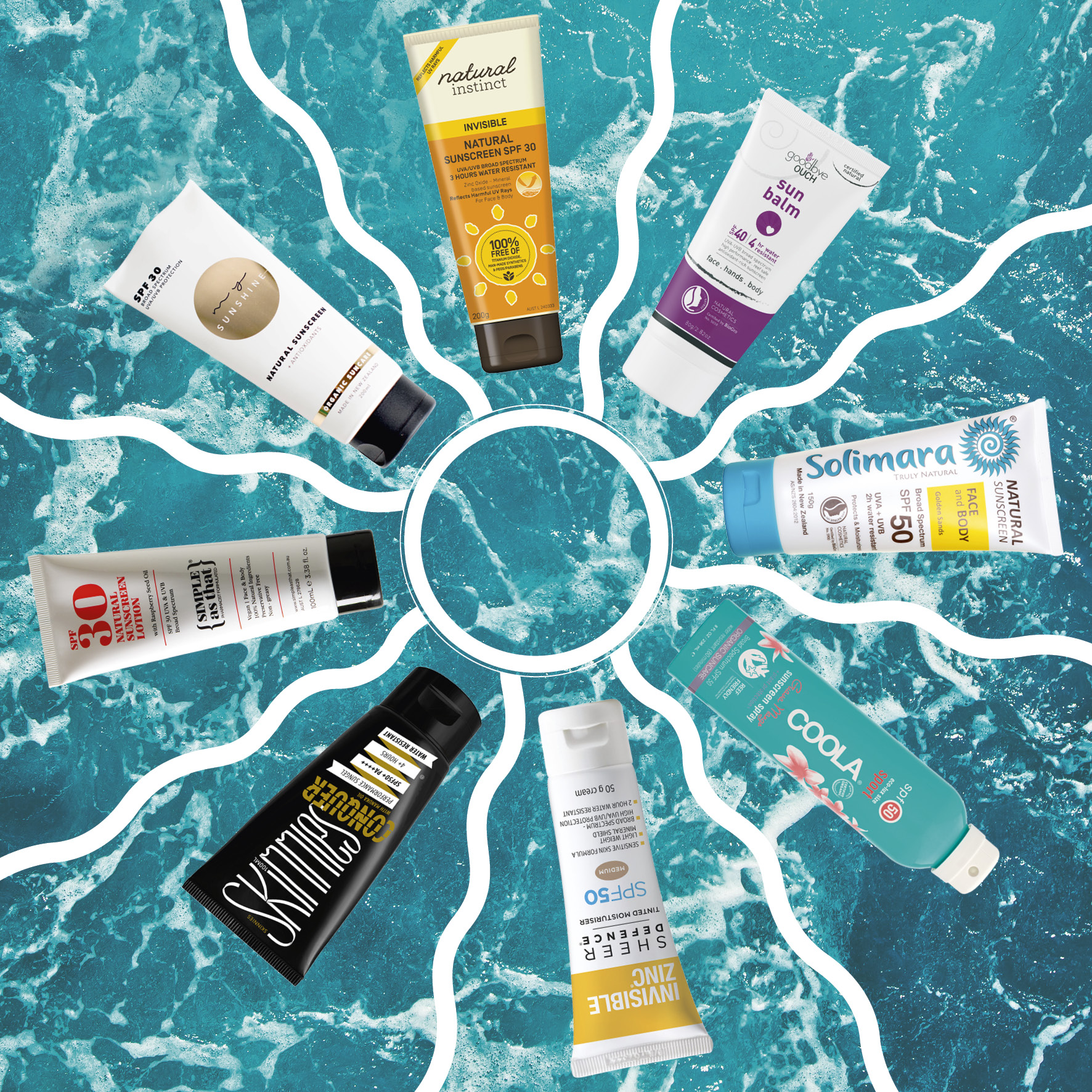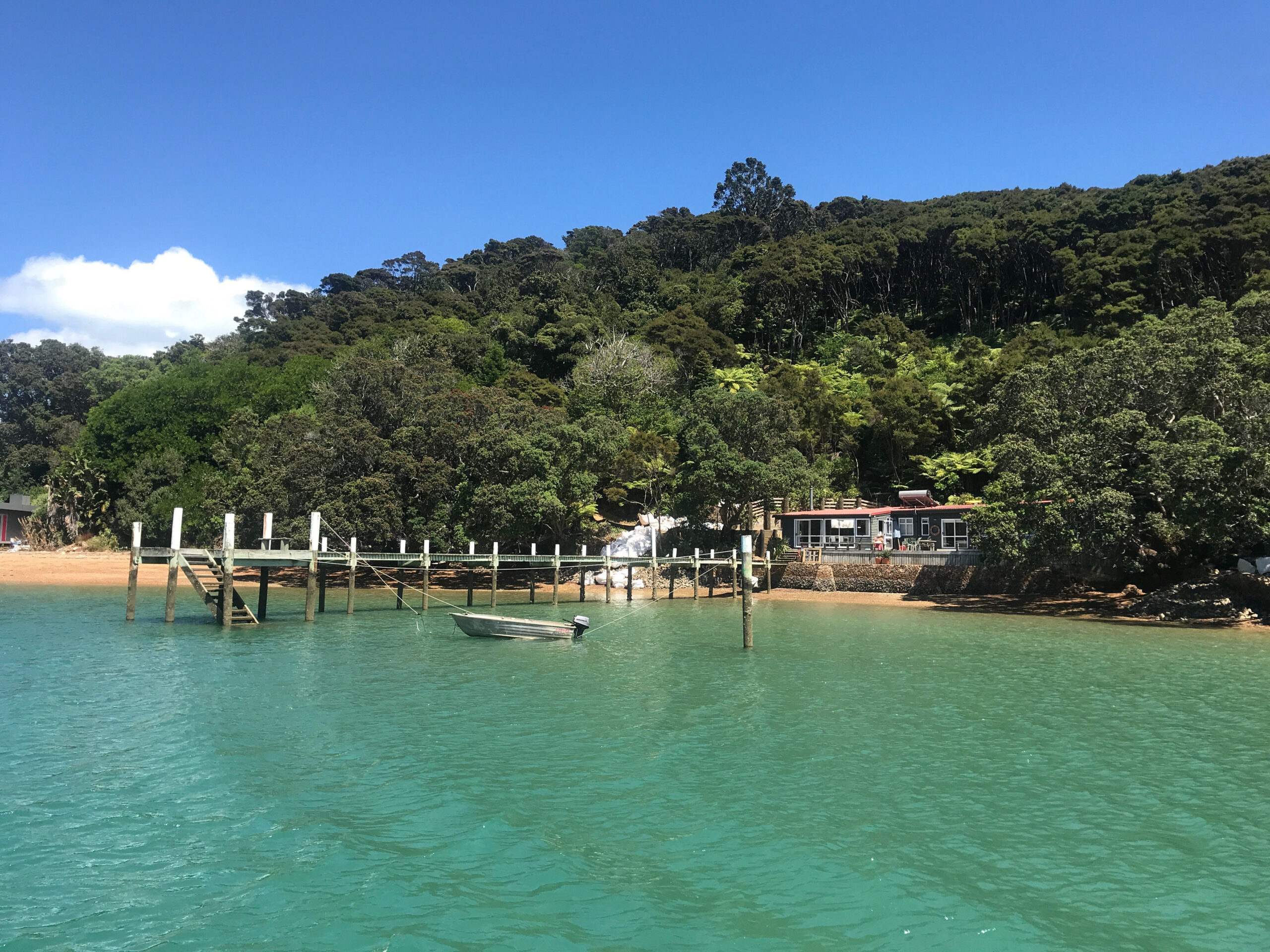Before you ‘slip, slop, slap’ spare a thought for the corals and fish.
Words: Carolyn Enting
Ask any beauty expert and they will tell you that the best thing you can do for your skin and beauty routine is sun protection. Seek shade at the hottest time of the day, wear a wide brim hat, and of course slather water-resistant sunscreen all over your body when snorkelling or swimming.
The bad news is that while you are attempting to protect yourself from sunburn, you may unwittingly be causing harm to the marine environment depending on what sunscreen you use.
Chemicals oxybenzone and octinoxate, which are found in a number of popular sunscreens, can seep into young coral and contribute to coral bleaching. They have also been found to be very toxic to embryonic or early stages of development for a lot of marine organisms, from corals to fish.
On May 1, 2018, Hawaii passed a bill that prohibits the sale and distribution of sunscreen containing oxybenzone and octinoxate, which takes effect from 2021.
“If you take a single drop of oxybenzone and put that in an Olympic-size swimming pool that’s sufficient to kill coral,” says Greg Billington marketing manager of Snowberry. “Coral is under enormous pressure from climate change so you don’t want to be killing it with your sunscreen.”
In Hawaii, concentrations more than 10 times that amount have been measured at popular swimming beaches. That is a terrifying thought when you consider an estimated 6000 to 14,000 tons of sunscreen go into coral reef areas globally each year.
The island Republic of Palau has taken an even stronger stand. In November 2018, the government passed legislation to ban reef-toxic sunscreens (including skincare products) containing any of the following 10 ingredients: oxybenzone (benzophenone-3); octinoxate (octyl methoxycinnamate); octocrylene; 4-methyl-benzylidene camphor; triclosan; methyl paraben; ethyl paraben; butyl paraben; benzyl paraben; and phenoxyethanol. From 1 January 2020, anybody entering Palau with the prohibited items will have them confiscated, and retailers that violate the law will be fined.
Marine monitoring
A recent study by Hong Kong Baptist University (HKBU) found the combination of polluting chemicals in sunscreen can cause abnormalities in and kill the offspring of zebrafish.
The team, led by Dr Kelvin Leung Sze-yin, associate professor of the Department of Chemistry of HKBU, collected seawater samples from 30 locations off the Hong Kong coast. Seven commonly used organic UV (ultra-violet) filters, the active ingredients in sunscreens, were investigated. The team also collected fish, shrimps, mussels and other wild organisms from seven local aquaculture farms around Hong Kong. The team found the presence of UV filters in concentrations ranging from 3.1 to 51.3 nanograms in each gram of the samples. The findings indicated that the UV filters that accumulated in marine life could possibly pass up the food chain to humans and affect our health.
They also simulated the real aquatic environment in a laboratory where contaminated artemia were fed to zebrafish for 47 days. The contaminated water contained three commonly used UV filters, namely benzophenone-3 (BP-3), ethylhexyl methoxycinnamate (EHMC) and octocrylene (OC). After 47 days, none of the adult zebrafish appeared to be damaged, but several of their embryos were found to have malformations or abnormalities. The embryos’ 24-hour mortality rate increased dramatically, from 10 per cent to nearly 60 per cent, while the 72-hour hatching rate decreased significantly, from 80 per cent to less than 30 per cent.
Dr Leung has called for regulations to cover the use of chemicals in personal care products and says more research should be done on the long-term impact of these contaminants. He recommends the usage of natural, mineral-based sunscreens, such as zinc oxide.







